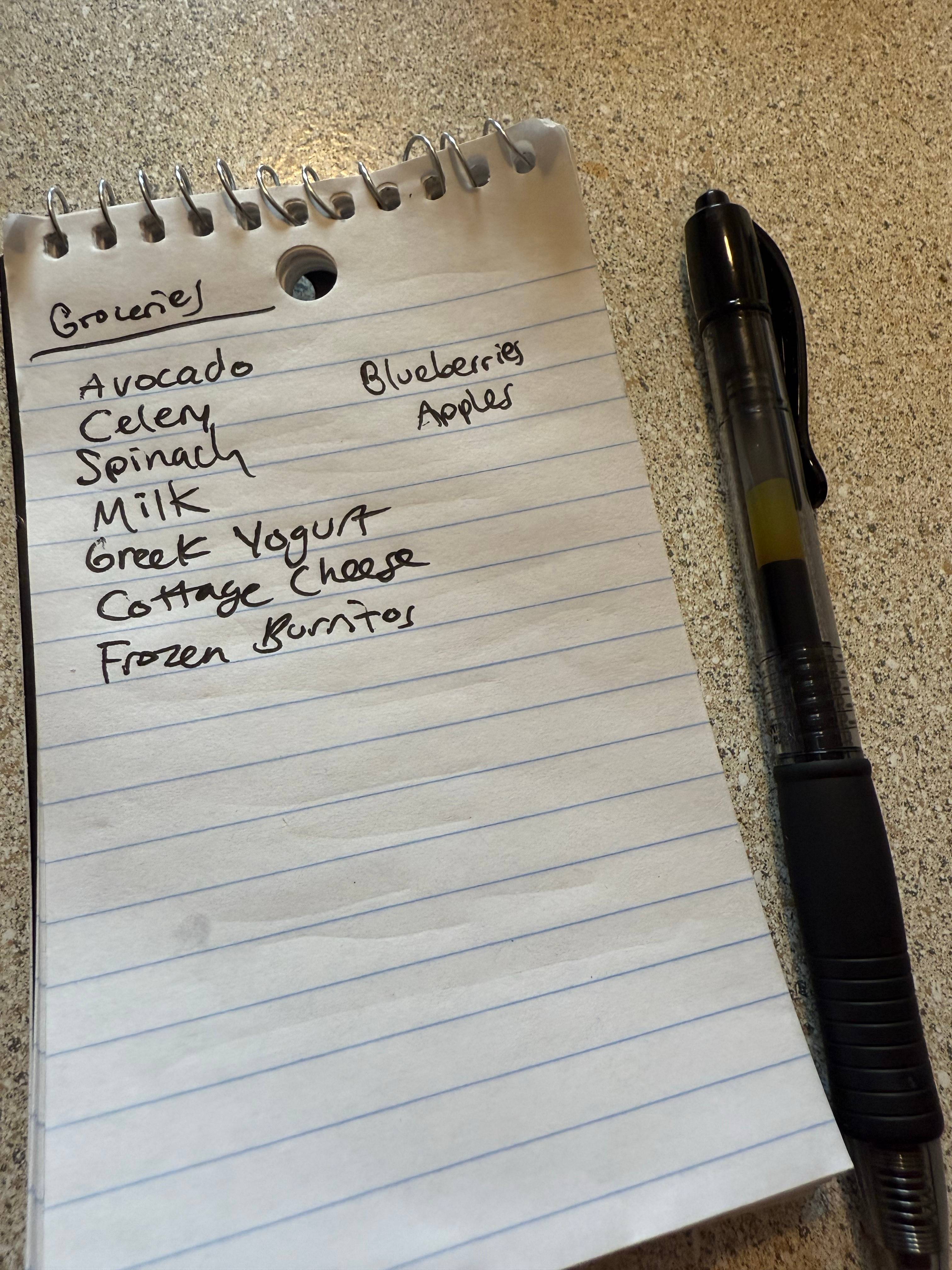Rec
😃
Jul 3, 2024
Comments
I would love to read this book. This reminds me of:
Mcintosh, Peggy. "White Privilege: Unpacking The Invisible Knapsack." National Seed Project, 1989, https://www.nationalseedproject.org/key-seed-texts/white-privilege-unpacking-the-invisible-knapsack.
It gives a fantastic understanding of, "Referring to the defensive moves that white people make when challenged racially, white fragility is characterized by emotions such as anger, fear, and guilt, and by behaviors including argumentation and silence. These behaviors, in turn, function to reinstate white racial equilibrium and prevent any meaningful cross-racial dialogue." (as taken from White Fragility's amazon descriptor.)
Jul 3, 2024
staysexyhavefun It was an extra credit assignment in my communciations class and arguably one of my favorite assignments in that class.

